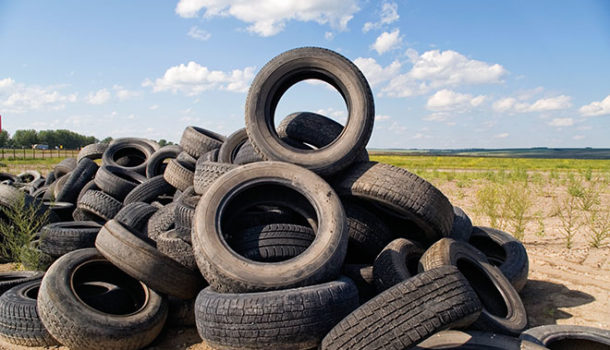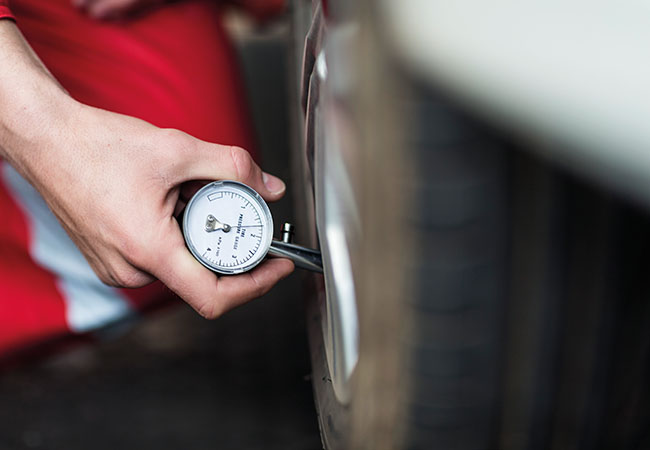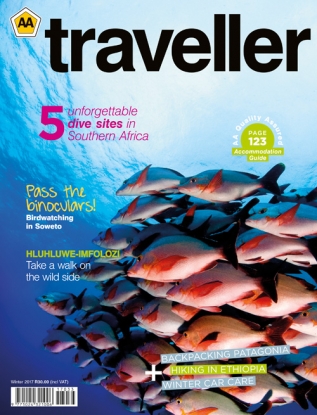By looking at waste a little differently, you can find opportunities to make money and build an empire. REDISA is showing us the way
REDISA – the Recycling and Economic Development Initiative of South Africa – recently launched a mobile app-based game to raise awareness and educate the public about the benefits and opportunities that can be found in what we throw away. This progressive role-playing game lets players choose a character and work their way through a virtual world in a bid to create their own business empire, built entirely on waste material.
The purpose of the game is for the player character to start out as a micro-collector and increase their wealth by collecting waste in a trolley and later recycling it. Eventually, the character runs an empire supported by a human resources department (to manage all the empire’s employees), a canteen, a gym (to ensure healthy eating and lifestyle) and even a garage (to ensure the trolley is kept in tip-top shape).
As a part of the Integrated Industry Waste Tyre Management Plan (IIWTMP), REDISA has a mandate to educate the public about matters of environmental conservation, which will be critical for the efficient and effective long-term management of waste. REDISA chose the gaming platform to reach the widest audience in an interesting way. Pop-up messages throughout the game promote awareness about waste management and opportunities created by the circular economy, as well as highlighting key environmental matters.
‘Education around the opportunities that exist within the waste sector is vital to change South Africans’ mindsets that waste has no value,’ explains REDISA director Stacey Davidson.
‘The game platform was created to invoke a memorable and engaging way to educate the public about what can be done to help to alleviate a serious environmental problem and, at the same time, for them to see the opportunities to be found in waste.’
The value waste holds becomes more apparent along the way. Players must face zombie rats, acid rain and angry dogs as they journey through locales such as Cashly Estate and Megalopolis, and can only move on to the next level if they are successful in beating all of the obstacles.
The REDISA Game is available for free download on the Apple, Google Play and Windows Stores.
Use ’em, then recycle ’em
Tyre wear reveals a great deal about the way the tyre has been maintained, as well as indicating possible suspension problems with the car. Early recognition of these problems can save money and trouble. Here are some key tips to tyre happiness:
- Check your tyre pressure on a cold start or before a long journey.
- You may have to look for the recommended tyre pressure in a number of places: the owner’s manual, behind the fuel flap, on the inside of the driver’s door or in the cubbyhole. Then check your tyre pressure when the tyres are cold (pressure increases with heat, which can be misleading).
- If a tyre’s sidewall is damaged, replace it.
- Check regularly for any signs of irregular wear, any sharp objects lodged in the tread, and any cuts, tears, cracks or bulges. Check for damage or uneven wear on all four tyres, on both sides of the tyres, and on the wheel rims.
- Under-inflated tyres use more fuel, so check the pressure often.
- You’ll need an accurate pressure gauge. Remove the valve cap, affix the pressure gauge and note the result. If more air is needed, increase pressure using an air pump or visit a nearby garage forecourt. Under-inflated tyres increase rolling resistance and therefore increase fuel consumption. If the tyre is overinflated, bleed the air out by pressing in the centre pin of the valve and check frequently until the correct level is reached.
- Check that your tyre pressure is correct and equal.
- Don’t rely on just a visual inspection to estimate the pressure. An imbalance in the tyre pressure front to rear and/or side to side can affect handling, braking and cornering ability. In addition to putting you at risk, incorrect tyre pressure can also affect fuel economy, comfort and tyre life.
FAST FACTS
- There are millions of waste tyres littering the South African landscape – and the problem is expected to be compounded by an additional 10 million waste tyres per year. Waste tyres pose a number of health and environmental risks as they end up in landfills or in the veld, or are burnt to retrieve their steel components.
- Tyre producers (both manufacturers and importers) are required to pay a waste management fee of R2.30 plus VAT on every kilogram of new tyre rubber produced. The waste tyre management fee means that the cost of dealing with end-of-life tyres is incorporated into the manufacturing cost of the tyres.
- REDISA is, and is required to remain, independent from the tyre industry, as well as from the tyre recycling industry. This avoids conflicts of interest and allows REDISA to make decisions in the interests of the country as a whole, rather than of specific industries or industry participants.
MAKE CONTACT
Visit REDISA’s website, www.redisa.org.za, to find out more or send them an email via customersupport@redisa.org.za. Alternatively, phone 087 357 3873.
Photography Gallo/Gettyimages, courtesy images
(This article was first published in the winter 2016 issue of AA traveller magazine)





